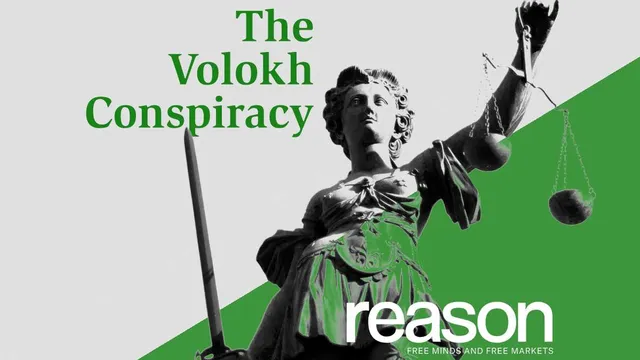
Barrett recuses herself from contentious religious charter school case
2025-01-27 18:41- The Supreme Court is set to review cases that could influence the role of religion in public education.
- Justice Amy Coney Barrett recused herself from the significant Oklahoma religious charter school case.
- The court's decisions could lead to major changes in the relationship between religious organizations and publicly funded education.
Express your sentiment!
Insights
The Supreme Court in the United States is considering a landmark case regarding the nation's first publicly funded religious charter school, which was filed weeks ago. The court has agreed to review the appeal initiated by the Oklahoma Statewide Charter School Board against Drummond, along with another related case. This case has generated significant interest due to its potential implications for the intersection of religion and public education, especially as it pertains to First Amendment rights. Various religious organizations advocated for this case, suggesting that it may set an important precedent for religious liberties in publicly funded education. In parallel, the court is also hearing a significant appeal from parents in Maryland, who contend their children should not be compelled to engage with LGBTQ-themed material in their curriculum without prior notice or an option to opt-out. These legal arguments are intertwined with discussions around parental rights and the they view their religious freedoms being infringed upon by state education mandates. Critics of this viewpoint argue that allowing such exemptions could undermine longstanding educational standards and inclusivity. Justice Barrett's recent recusal from the Oklahoma case, which many commentators noted could be due to her connections with Notre Dame University, adds another dimension to the ongoing debate about judicial impartiality and connections to religious institutions. Her absence from the case means that the court may experience a shift in its dynamics, as the majority may rely less on her potential vote. As a result, there is apprehension among opponents regarding the possible outcomes and further implications on state-funded religious education. These cases reflect a broader trend within the U.S. Supreme Court, where the growing influence of religious rights claims appears to be shaping the outcomes of cases related to public education and governmental support of religious institutions. As these landmark cases unfold, the legal community, educational institutions, and religious organizations are closely monitoring the developments, as they herald significant changes to religious liberties and public schooling. The implications of the rulings may resonate beyond the immediate context, potentially reshaping the landscape of education in America over the long term.
Contexts
The First Amendment of the United States Constitution guarantees fundamental rights such as freedom of speech, religion, press, assembly, and petition. Within the context of education, these rights become more complex as they interact with institutional policies, educational objectives, and the rights of others. Educators and students often find themselves navigating the fine balance between exercising these rights and maintaining an environment conducive to learning. Court cases such as Tinker v. Des Moines Independent Community School District (1969) have established that students do not "shed their constitutional rights to freedom of speech or expression at the schoolhouse gate." This landmark decision affirms the importance of student expression unless it disrupts the educational process, thereby reinforcing the idea that schools must foster an atmosphere where these rights are protected and valued. In educational settings, the exercise of First Amendment rights can lead to varying interpretations and, at times, conflicts within school policies. For instance, while students have the right to express their views through speech, writing, or symbolic actions, schools retain the authority to regulate these expressions to ensure that they do not undermine the school's mission or order. The principle of limited public forums has been established in various judicial decisions, balancing the need for free expression with the need for order and discipline in schools. Recent discussions around dress codes, social media policies, and classroom speech reflect ongoing negotiations around these rights, particularly as technology and social norms evolve. Moreover, the First Amendment's role in education extends beyond mere speech; it encompasses issues of religious expression and the establishment clause. Schools must navigate the complexities of allowing religious expression while preventing the endorsement of any particular faith. This balance is vital to ensure both the free exercise of religion for students and the secular nature of public education. Educational institutions are tasked with respecting diverse beliefs while creating an inclusive environment where all students feel safe and welcomed. The ongoing discourse surrounding First Amendment rights in education signals that these issues are not merely historical but deeply relevant in contemporary society. As educational leaders and policymakers address challenges such as censorship, hate speech, and the role of social media in schools, they must remain committed to upholding the principles enshrined in the First Amendment. To maintain this delicate balance, ongoing dialogue between educators, students, and legal experts is essential, ensuring that the rights of individuals are respected while fostering an equitable and inclusive educational environment.